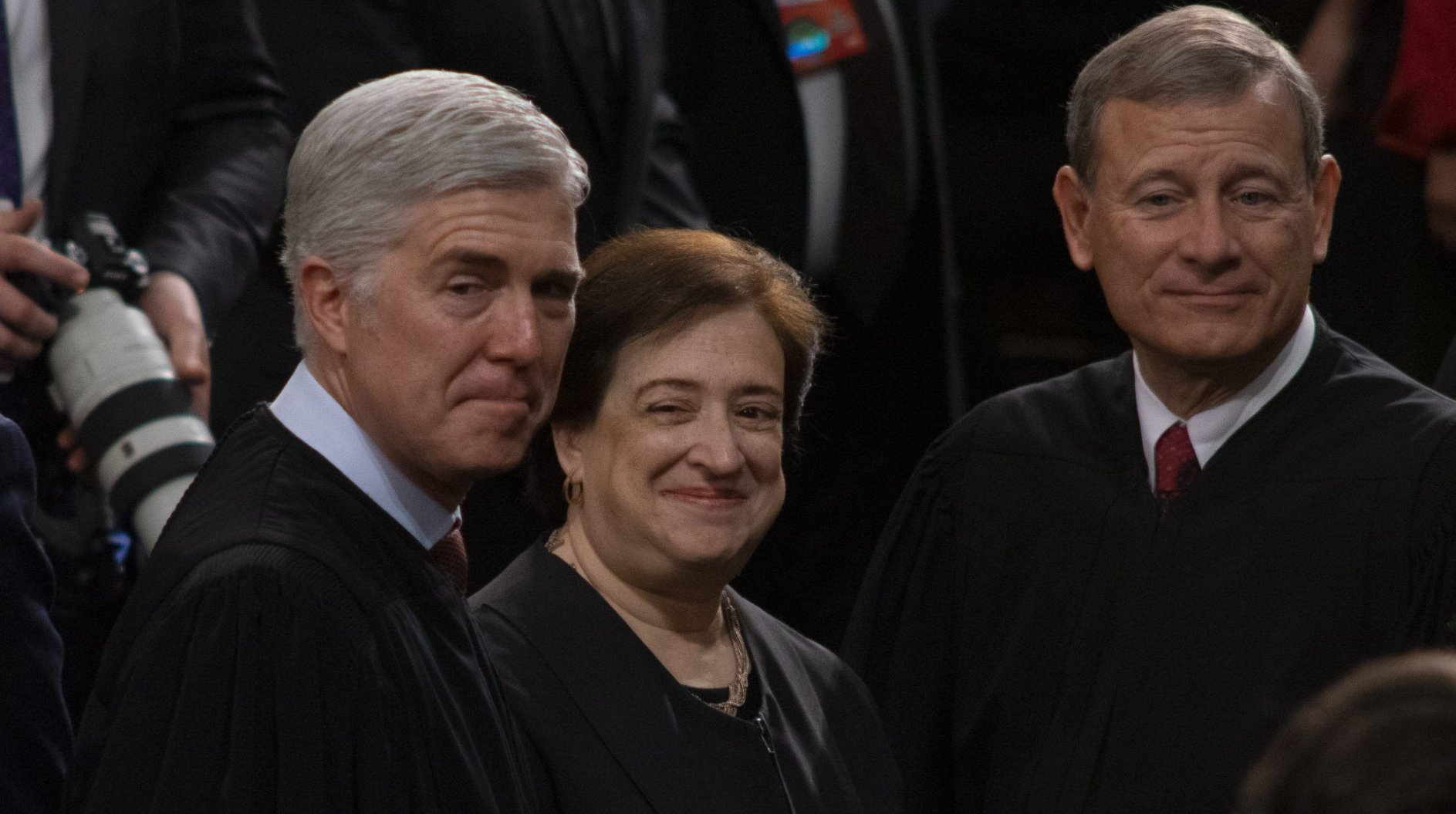
A major conflict is now underway on the U.S. Supreme Court between Justices Elena Kagan and Neil Gorsuch over the issue of judicial deference to the administrative state.
Their division centers in part on whether or not a contentious Supreme Court precedent, Auer v. Robbins (1997), should be kept in place by the justices or struck down in its entirety. In Auer, the Court held that when an "ambiguous" regulation promulgated by a federal agency is challenged in court, the judge or judges hearing the case should respect the expertise of the agency and its staff and therefore defer to the agency's interpretation of its own regulation. An agency's interpretation, the Court held in Auer, is "controlling unless plainly erroneous or inconsistent with the regulations being interpreted."
Last month, the Supreme Court decided a case that asked the justices to overrule Auer once and for all. Writing for a narrow majority in Kisor v. Wilkie, Justice Elena Kagan managed to save Auer from total destruction. "Auer deference retains an important role in construing agency regulations," Kagan wrote. "When it applies, Auer deference gives an agency significant leeway to say what its own rules mean. In so doing, the doctrine enables the agency to fill out the regulatory scheme Congress has placed under its supervision."











